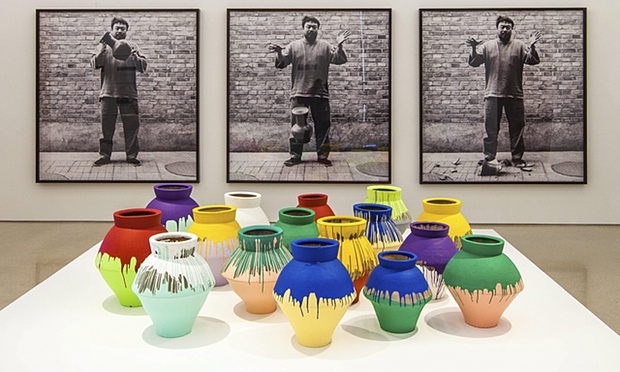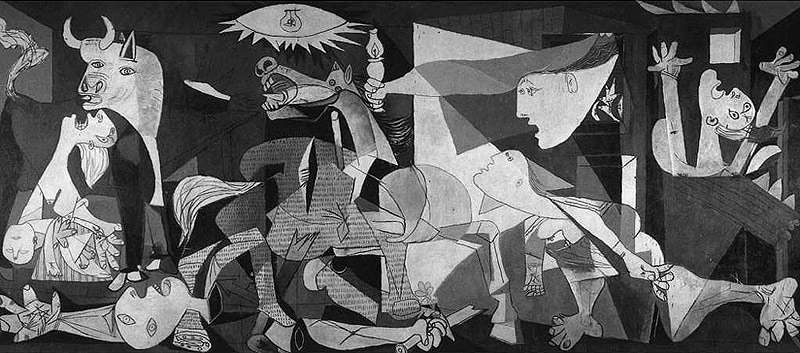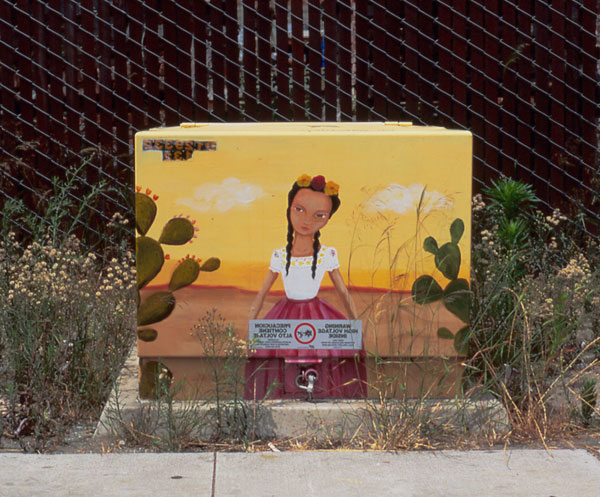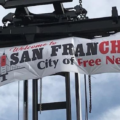TikTok is an app that’s been creating much hubbub in the news and even more issues in the last year than almost any other social media app in the past. This is an app that allows users to make videos up to one minute long and use either original sounds or sounds that other creators make. These sounds can be clips from TV shows, movies, songs, or anything with noise. Because of the wide variety of medias from which users can create TikTok sounds, there is a much larger possibility of legality issues with copyright for the app, and the users of the app. Multiple companies have threatened legal action against the app after accusing the company of using their songs without the proper documentation/paperwork. In addition to these copyright legality issues, the President of the United States himself has made it his personal vendetta to remove TikTok as an app available to the United States. How can so many issues could possibly be created by a seemingly innocent social media app where kids dance and lip sync to random songs?
Big companies who own the rights to various songs and music have long-been taking other social media or music apps to court for copyright infringement and won millions of dollars. Kids innocently using songs they like or that are part of a ‘trend’ are unaware that they could be committing a crime. The way in which people express themselves in the present moment often depends on the previous ways people have expressed themselves (music, comedy, etc.) – and thus art and expression are built continually on the past. With the current trend in the past 50 years of copyrighting anything and everything and having that protection last longer as well, that continual building of creativity has become more difficult – or at least more illegal.
The question of why President Trump is so bent on removing TikTok as an available application to the younger generations remains. Perhaps it is because this social media app has managed to unite a generation so individualistic and set on being ‘different’ – and that possibility of unification is a threat to his rule as president. TikTok has allowed the spread of creativity and somewhat ingenious plots to make life a little harder for Donald Trump – specifically a trend where TikTok users registered to attend his rally to reserve seats with no intention of going. The thousands of empty seats angered the president and went viral for the embarrassment of it all – and since, he has relentlessly attempted to criminalize the app. Like a dictator going after someone who refuses to be under their rule, Trump insisted the app be sold to a non-Chinese owned company and thus ‘safer’ to the public. This guise of ‘looking out for the public’ is a poor attempt at trying to squash a group of people who have found a medium through which to unite in a common goal – get President Trump out of office and find familiars to relate to.
The idea of owning things and having power over someone or something has become an important part of current-day society. If it’s not power over a country, it’s power over a younger generation, it’s power over an app, or power over a song – the need for control has gotten out of control. Copyright laws have given people the power over tangible things – but it somehow manages to extend over the intangible as well. How can an idea of something be owned? The stifling of creativity seems to be burning a possible bridge between different groups of people as well – divide and conquer, as they say. Keep the masses’ eyes turned inwards, and don’t let them find a common ground in any form – even if it is music mashups and throwbacks on an app. A people united are a danger to those who hold power over them.







